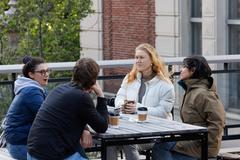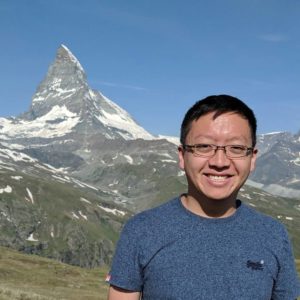Added on July 20, 2023 by
Math DeptIvan Corwin, Professor of Mathematics and 2014 Packard Fellow in Science and Engineering, has been awarded a $40,000 award as part of the Increasing Diversity in STEM pilot program for Packard Fellows. The award will support the “Pathways for Women into Higher Mathematics” project.

The Packard Foundation’s goal in this initiative is to support Fellows’ efforts to increase the representation and inclusion of underrepresented groups (URGs) in their departments and universities.
The Pathways for Women into Higher Mathematics project will involve two pathway activities for women interested in mathematics to help guide them towards the possibilities that lay ahead in higher mathematics: the organization of the “Sonya Kovalevsky Day” for middle school aged students and a two-day Graduate Opportunities for Women (GROW) Conference to take place in 2024 and 2025.
Named after the Russian pioneer woman mathematician, the “Sonya Kovalevsky Day” will bring primarily female middle schoolers from NYC’s under-resourced schools and their teachers to Columbia to engage in hands-on workshops led by faculty and students.
The GROW Conference will bring women (cisgender, transgender, or woman-identified) and non-binary undergraduate students, primarily from non-tier I colleges or universities, to help them envision a potential career and graduate study in mathematics or statistics. GROW has been running for about 10 years, in rotating locations, and has engaged over 1,000 students over its duration.
The Packard Foundation’s support will be complemented with financial support and extensive mentorship and organizational support from the Columbia Mathematics and Statistics departments, as well as the Irving Institute for Cancer Dynamics. Corwin summed it up, saying, “these pathway activities will add to many exciting ongoing efforts at Columbia to attract a diverse population of students to higher mathematics and retain their interest and excitement.”
 Print this page
Print this page
